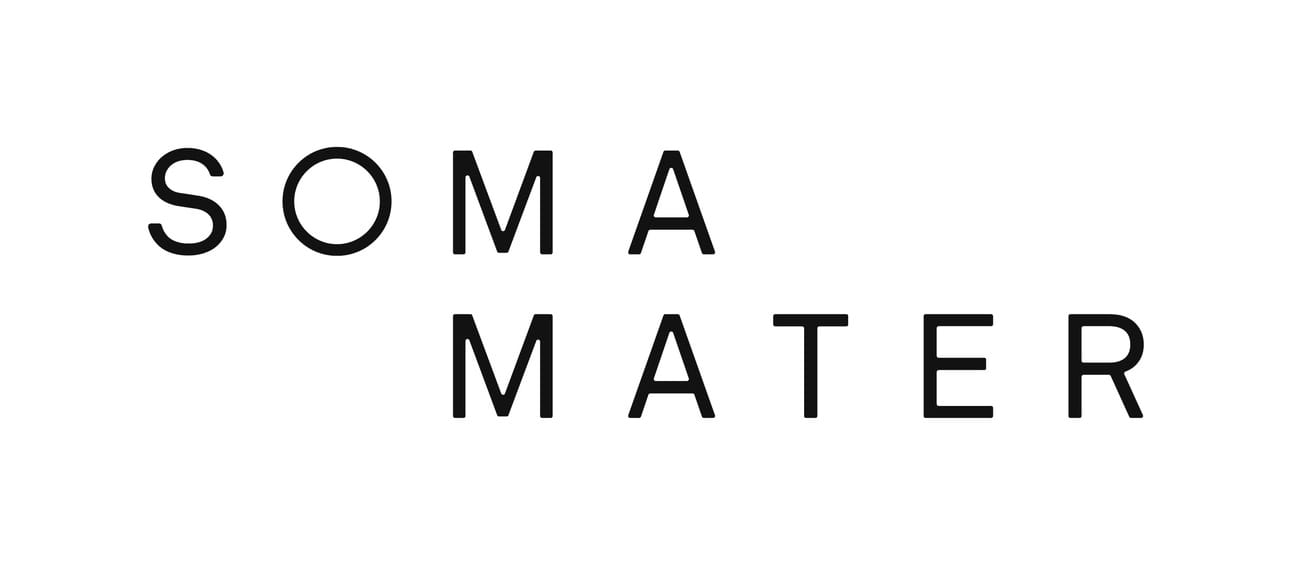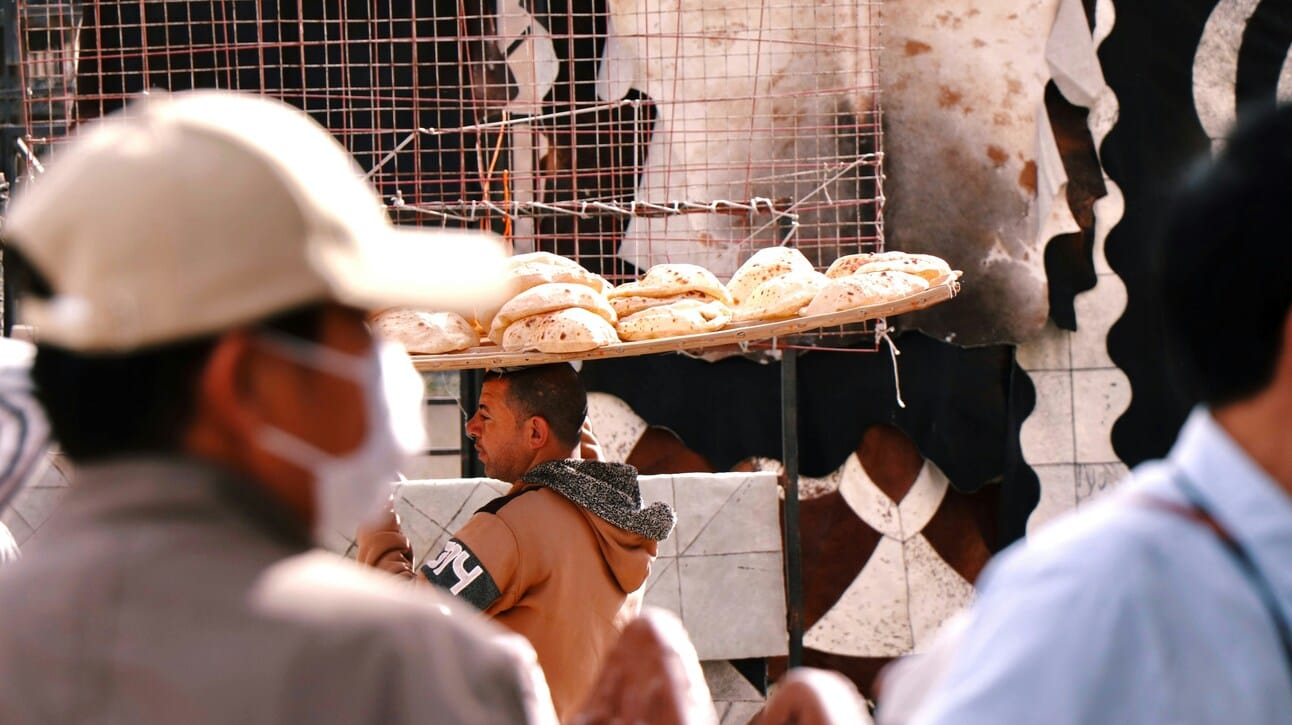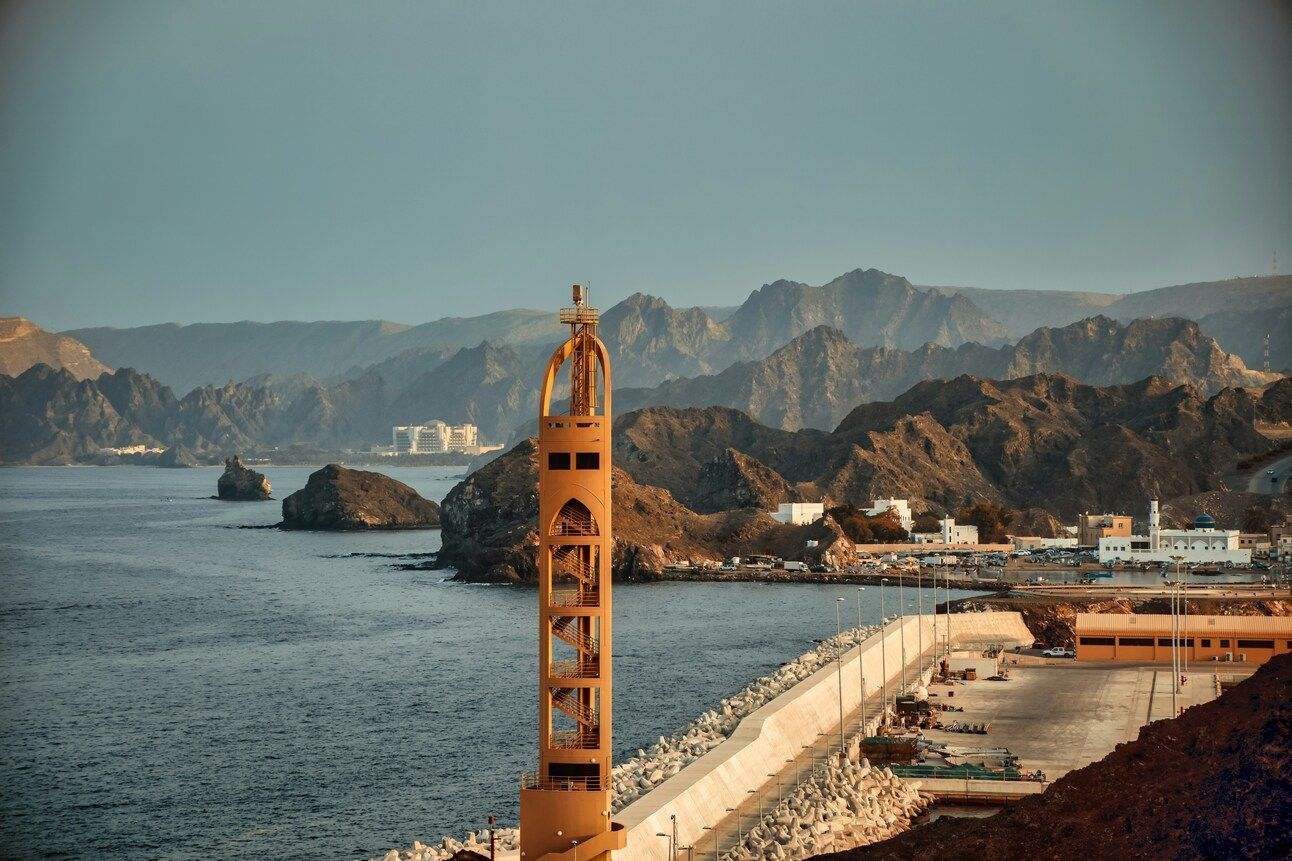- Soma Mater's Newsletter
- Posts
- Soma Mater's Weekly Newsletter
Soma Mater's Weekly Newsletter

Welcome to the SOMA MATER Weekly Newsletter.
At SOMA MATER, we specialize in delivering comprehensive research and advisory services with a focus on Food & Water Security and Net Zero Transition in the MENA Region. In order to support our subscribing clients in navigating these topics and understanding the regional narrative, we produce monthly Food and Water Security and Net Zero Transition Intelligence Reports, along with our in-depth analysis and insights.
This weekly newsletter highlights the top 3 stories from the past week in Food and Water Security and Net Zero transition, along with SOMA MATER's analysis and perspective.
What is the Water Scarcity Initiative (WSI) launched by Jordan's Water Ministry and the FAO, and what does it mean for the region?
How has Egypt's recent wheat import deal and economic situation impacted its food security outlook?
What does the recent $2.2 billion investment into Oman reflect the country's journey to renewable energy development?
Sustainably yours,
The SOMA team
Jordan's Thirst for Change
#FoodAndWaterSecurity

Jordan's Water Ministry and the Food and Agriculture Organization (FAO) have signed an agreement to launch the $31.5 million Water Scarcity Initiative (WSI) in the Near East and North Africa (NENA) region. This initiative aims to strengthen water governance, enhance food system resilience, and foster regional cooperation.
Jordan ranks among the countries with the scarcest renewable water resources per capita globally, with only 90 cubic meters of water available per person annually, expected to decrease to 60 cubic meters by 2040. The country's groundwater is being depleted at twice the rate of replenishment, with the water table declining by 2 meters annually. Jordan's renewable water supply meets only about two-thirds of the population's water demands.
The water crisis is worsened by refugee influxes and challenges in accessing shared water resources with neighboring countries. To address these issues, Jordan has built large dams, treats and reuses 90% of its wastewater (amounting to approximately 178.2 MCM), and is exploring alternative water sources, focusing on water reuse for agriculture.
SOMA’s Perspective:
The launch of the Water Scarcity Initiative (WSI) marks a redirection of focus for the region. Countries in the region are acknowledging the geopolitical importance of water scarcity issues. This aligns with SOMA MATER's long-standing emphasis on water security that we have been highlighting for months. We anticipate seeing more strategies and increased funding directed towards addressing this issue in the region.
Sources:
The Dough-lemma: Egypt’s Wheat Saga
#FoodAndWaterSecurity

Egypt's state grain buyer, the General Authority for Supply Commodities (GASC), has secured a wheat contract agreeing to import around 3.06 million metric tonnes from the Black Sea region over a six-month period. This is Egypt's largest deal to date. It underscores Egypt’s position as a major wheat importer and its reliance on these imports to maintain its subsidized bread program, which benefits millions of citizens.
In 2022, Egypt became the world's largest wheat importer, spending $4.82 billion. Wheat ranked as Egypt's 2nd most imported product, sourced mainly from Russia, France, and Romania. Egypt's annual wheat demand is around 20 million metric tonnes, with domestic production meeting only 40-45% of needs.
Inflationary pressure in Egypt has eased slightly following increased foreign investment and an International Monetary Fund (IMF) deal. Food inflation dropped from 73.6% in September 2023 to 28.6% in July 2024. Despite inflation levels still being high, inflation rates are expected to further decline in 2025 due to improved foreign currency access. Wheat imports for MY 2024/25 are estimated at 12.5 million metric tonnes, with consumption at 20.65 million metric tonnes. Increased foreign currency access has boosted Egypt's import capacity.
SOMA’s Perspective:
This deal highlights the role of wheat for Egypt’s food security and political stability. The subsidised bread program serves as a key government tool. Economic and political consequences can arise from changes in wheat prices or supply. While recent improvements in inflation and foreign currency access are positive for Egypt's import capacity, the country's heavy reliance on imports (55-60% of needs) leaves it vulnerable to global market fluctuations and geopolitical issues.
Sources:
https://apps.fas.usda.gov/newgainapi/api/Report/DownloadReportByFileName?fileName=Grain and Feed Update_Cairo_Egypt_EG2024-0023.pdf
https://oec.world/en/profile/bilateral-product/wheat/reporter/egy#:~:text=Egypt imports Wheat primarily from,%2C and Romania (%24105M).
Oman: A Solar-Coaster Ride to Clean Energy
#NetZero

The Oman Future Fund has secured $2.2 billion in investments for clean energy projects across various sectors. Of this, the Oman Investment Authority (OIA) contributed $571 million, while foreign investments accounted for $1.5 billion. This funding will support projects in technology, industry, tourism, energy, and electric vehicles.
Key projects highlight Oman's focus on clean energy production. The United Solar factory aims to bolster downstream renewable energy industries by producing solar panels with an annual capacity of 100,000 tonnes. The IDG Oman Investment Fund is also targeting investments in cutting-edge sectors including renewable energy and electric vehicles.
There has also been continuous developments for green hydrogen in Oman. An international consortium including EDF Group, J-POWER, and YamnaCo Ltd have acquired a land block in southern Oman for green hydrogen development. They are now set to begin initial groundwork. The consortium's ambitious plans include a green ammonia project with a capacity of 1 million tonnes per year, supported by 4.5 GW of wind and solar capacity. This project, backed by battery storage and 2.5 GW of electrolyzer capacity, will be yet another leap forward in Oman's clean energy production capabilities.
SOMA’s Perspective:
Oman is now accelerating its clean energy developments, aligning with the broader regional trend. The influx of capital, both domestic and foreign, reflects the growing confidence in the country's renewable energy potential. We will continue to monitor these developments closely, as they present valuable opportunities for Net Zero Transition transition in the region.
Sources:
SOMA MATER is writing Intelligence Reports on the topics of Food and Water Security and Net Zero Transition. If you’d like to know more, contact us through the link below: